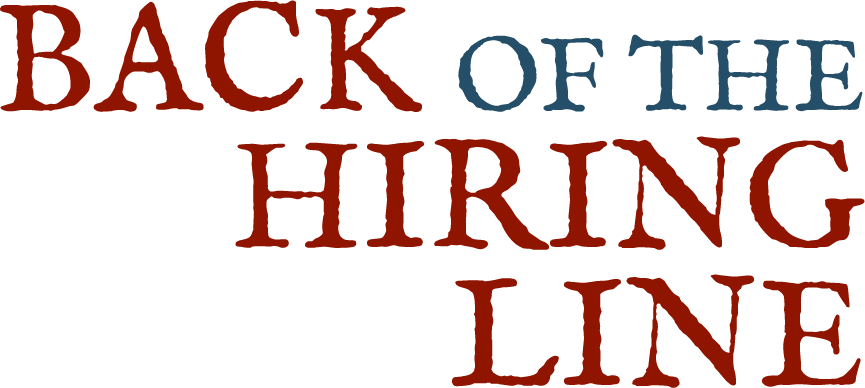IN THE NEWS:
While there was still discrimination in the North, the modern jobs and higher wages were a boon for those who undertook the Great Migration. Black Americans’ incomes were still below those of white Americans, but they grew nearly twice as fast during the mid-century immigration lull. And Beck makes a convincing case that the benefits of the immigration restriction — rising black incomes, greater mobility, growing union membership — were necessary, if not sufficient, factors in bringing about the civil-rights revolution.
And in another irony, it was precisely the civil-rights ethos that ended up pushing black workers back to the end of the hiring line again. Signed less than two months after the Voting Rights Act, the 1965 Hart-Celler immigration law was explicitly seen as a civil-rights measure, in its elimination of the national-origins quotas that had been at the center of immigration law since the 1920s.
But the sponsors genuinely did not think the legislation would result in a resumption of mass immigration, which all considered a relic of the past. And yet, Beck writes that “the 1965 act set in motion a series of policies that loosened labor markets by flooding the hiring lines with foreign workers and betraying a century of struggle toward economic and political equality by Black Americans.”
As he details the reduction in earnings of less-skilled black workers and their disappearance from occupations they used to dominate, it’s hard to argue with Beck’s assessment: “No congressional action in the last 60 years has been more destructive to Black Americans’ employment, income growth, and wealth accumulation than the Hart-Celler immigration act."
– BY MARK KRIKORIAN
Read the full column here:
https://nypost.com/2022/02/03/open-borders-historically-dooms-jobs-for-black-americans/
Share on facebook
Facebook
Share on twitter
Twitter
Share on email
Email

